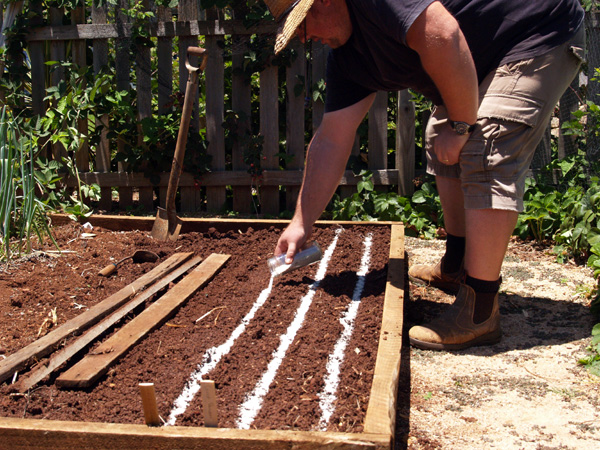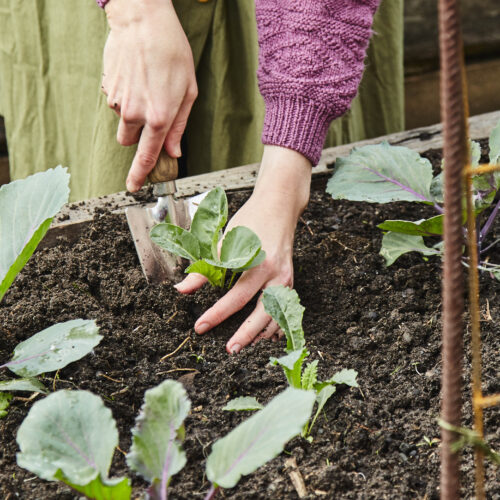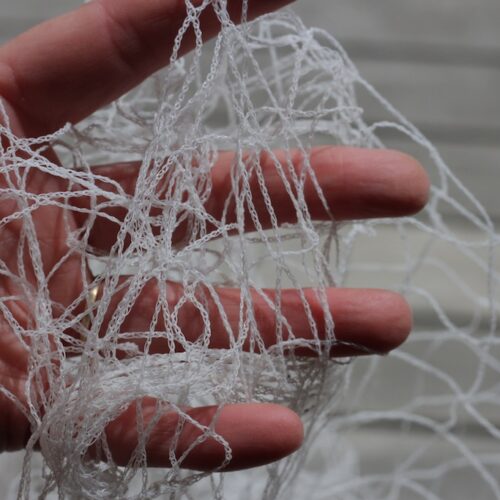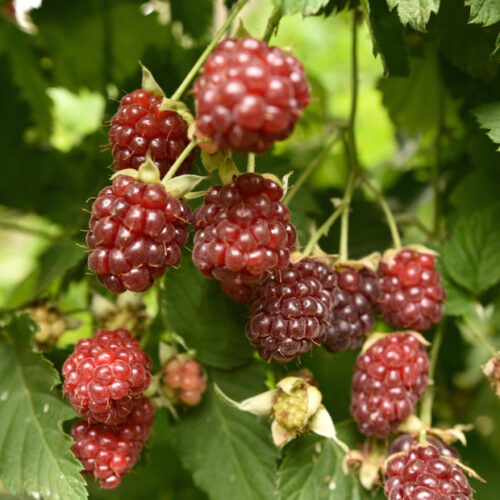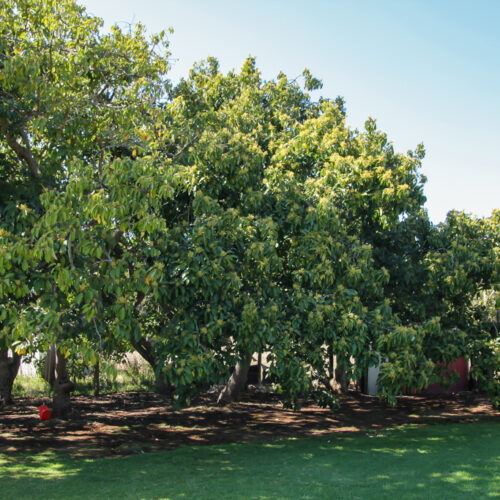What to do in December and January
2012-12-10T00:59:11+11:00
JUSTIN RUSSELL'S suggestions for what to do in the organic garden during December and January.
What to plant
In subtropical, temperate, cool and arid climates plant basil, beans (climbing and bush), corn, cucumber, eggplant, capsicum, carrot, chilli, potato, pumpkin, squash, tomato, watermelon, zucchini. In the tropics, try cassava, kangkong, malabar spinach, arrowroot, ginger, snake beans and taro.
What to harvest
Stonefruit, early apples, berries, passionfruit, mango, pineapple, beans, tomato, chilli, capsicum, corn, berries, early potatoes, cucumber, lettuce, zucchini.
If the soil in your garden is bone dry and hydrophobic, a soil wetting agent can make a big difference. Look for certified organic products such as EcoHydrate or try Jerry Coleby-Williams’s agar-agar recipe in the latest OG magazine.
Weeds are the bane of every gardener’s life. Keep them in check with glyphosate alternatives such as flame guns, steam/boiling water, and pine oil or vinegar based herbicides. Don’t forget old fashioned manual removal, and remember, one year’s seeding is seven years’ weeding.
Mulches ain’t mulches. Avoid using woody mulches in the vegie garden, as they can rob nitrogen from your crops. Save them for trees and shrubs, and instead use locally available, leafy mulches. Pea straw, sugarcane, lucerne and barley straw are all excellent for suppressing weeds, regulating moisture and gently feeding the soil as they decompose.
Prune stonefruit trees after harvesting is complete. Don’t wait for winter. Do it now and pruning wounds will heal faster, new growth will have time to form and harden off prior to the first frosts. Sterilise pruning tools with straight metho between each tree to avoid gummosis (bacterial canker), silverleaf and other diseases.
If corn cobs are missing kernels, pollination has been poor. Corn has both male flowers (tassels) and female flowers (silks) on the one plant. Every silk represents a kernel, so for full cobs pollen from the male flowers must fall onto the females. Wind will do most of the work, but it helps to always plant corn in a block, and give the tassels a shake from time to time to release pollen.
Tomatoes split due to fluctuations in soil moisture. Aim to water every couple of days in dry weather, and always avoid wetting foliage to help prevent fungal disease. A layer of mulch will help regulate moisture levels and keep roots cool.
Don’t forget to down tools, and simply spend some time in the garden relaxing. Take an afternoon nap in a hammock, eat outdoors under a shady tree, laze around on the lawn. Life’s not all work and no play!

